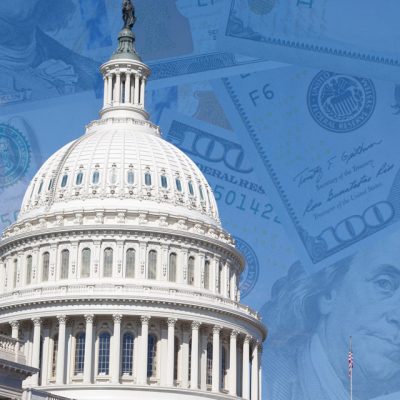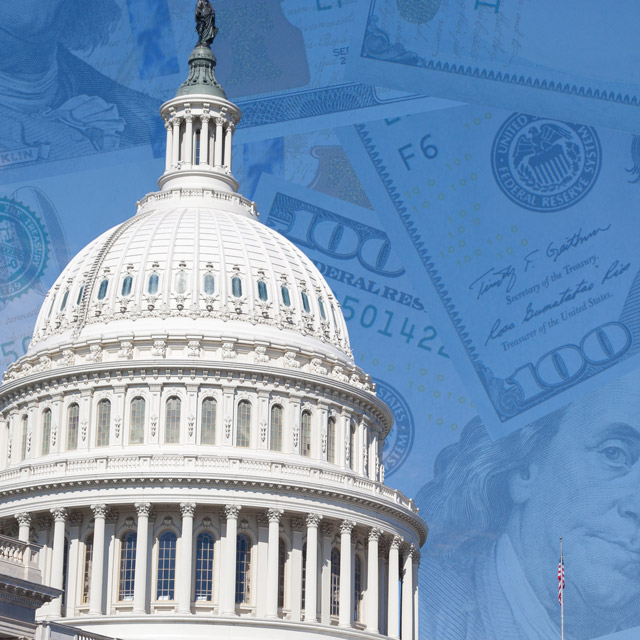The Annual Medicare Plan Sales Lifeboat Opens Thursday
1. The market looks competitive.
Getting a clear, broad picture of Medigap price trends is difficult, because the market is so fragmented, and state agencies are in charge of the rates. UnitedHealthcare, a large issuer that's part of UnitedHealth Group , has put out rate sheets showing that, in states like Alabama and Maine, its typical standard rates will be going up about 6% to 7% in 2021. CMS has giant spreadsheets that show what's happening to Medicare Advantage and Medicare drug plan prices. There, the average monthly premium is on track to decrease 11% in 2021, to $21. The average basic premium for a stand-alone drug plan will be about $30.50, up from $30 per month this year.
2. Only about 31% of people aging into Medicare plan to get enrollment help from live humans.
GoHealth, a broker, came up with that statistic when it conducted an online survey, this summer, of 2,106 people who were ages 62 and older and not enrolled in Medicare, or ages 65 and older and enrolled in Medicare. As competitive as the Medicare plan enrollment advice market is, a majority of people signing up for this complicated program plan just to waltz in there all by themselves, or with help from a relative, or Dr. Google, CFP. (See the slideshow above for more details.) Perhaps partly as a result of that lack of live-human advice, 19% of the GoHealth survey participants with Medicare said their plans are not meeting all of their health care needs. Six percent don't even know if their Medicare coverage is meeting their health care needs.
3. Agents and markets in the field are feeling the effects of the increased level of competition.
Jesse Slome, director of the American Association for Medicare Supplement Insurance, said in a written response to an email interview that the "pace of change has been greatly accelerated compared to a year ago." "There is accelerated consolidation and acquisition of companies that will give larger national distributors significant competitive advantages," Slome said. Distributors that sell directly to consumers "are out from the shadows and now a significant part of the industry," Slome said. "For the typical agent/broker, COVID-19 is forcing even the most technology0resistant to accept and adopt changes in how they market and enroll if they plan to still be in business going forward."
4. COVID-19 itself might not have that much effect on experienced retail agents.
Lindsay Engle, a Medicare market tracker who works for MedicareFAQ.com, an Elite Insurance Partners website, said in response to an email interview that the image of local agents meeting with clients at a kitchen table, or at a table in a drug store, is off the mark. "Social distancing won't have much of an impact, since most sell over the phone," Engle said. Engle is also skeptical about the idea of the big call centers crowding out experienced local agents who have been successful in the past. "Most agents that don't work in a call center are selling out of their home calling leads themselves, as an independent agent," Engle said. "The benefit of working out of a call center is you don't have to generate your own warm leads, they are generated for you. A lot of them working out of their homes work with a lead gen company as well — the same lead gen company that sells to the call centers that buy them v. generate themselves in house. So, technically they are the same leads."
5. At least some in the private Medicare plan sector are excited about the idea of the election leading to "today's Medicare program for more."
The administration of President Donald Trump has been skeptical about the idea of expanding eligibility for Medicare. Sen. Bernie Sanders, an independent from Vermont who caucuses with the Democrats, has proposed a single-payer "Medicare for All" program that, if implemented as written, would eliminate the current version of Medicare. Sanders' bill would also eliminate the need for Medicare Advantage and Medicare supplement insurance coverage, and it would ban the sale of any product that would compete with the coverage offered by his universal health coverage program. Joe Biden, the Democratic nominee for president, has opposed Sanders' Medicare for All proposal. Biden is supporting what appears to be a much more popular coverage expansion proposal: lowering the eligibility age for the current version of Medicare to 60, from 65. Slome said lowering the eligibility age for the current version of Medicare to 60, or even lower, could be great for Medigap issuers. "Looking ahead, the growth potential for the industry is enormous," Slome said. If the federal government really cuts the regular Medicare eligibility to age 60, "that will result in an immediate growth of the market by 20.5 million," Slome said. — Read The Marketing Alliance and EHealth See Commission Revenue Holding Up, on ThinkAdvisor. — Connect with ThinkAdvisor Life/Health on Facebook, LinkedIn and Twitter.
© Touchpoint Markets, All Rights Reserved. Request academic re-use from www.copyright.com. All other uses, submit a request to [email protected]. For more inforrmation visit Asset & Logo Licensing.
Featured Resources
View All
Sponsored by Axos Advisor Services
Integrated Banking Solutions: How To Enhance Client Services and Grow Your Business

Sponsored by Optifino
Three Macro Trends Impacting Long-Term Care: Trends, Solutions & Client Conversations

Sponsored by Vanilla
The Missing Piece: Why Advisors Who Skip Estate Planning are Failing Their Clients

Sponsored by Manulife John Hancock Investments
Staying Patient and Positioned for Opportunity in the Bond Market






